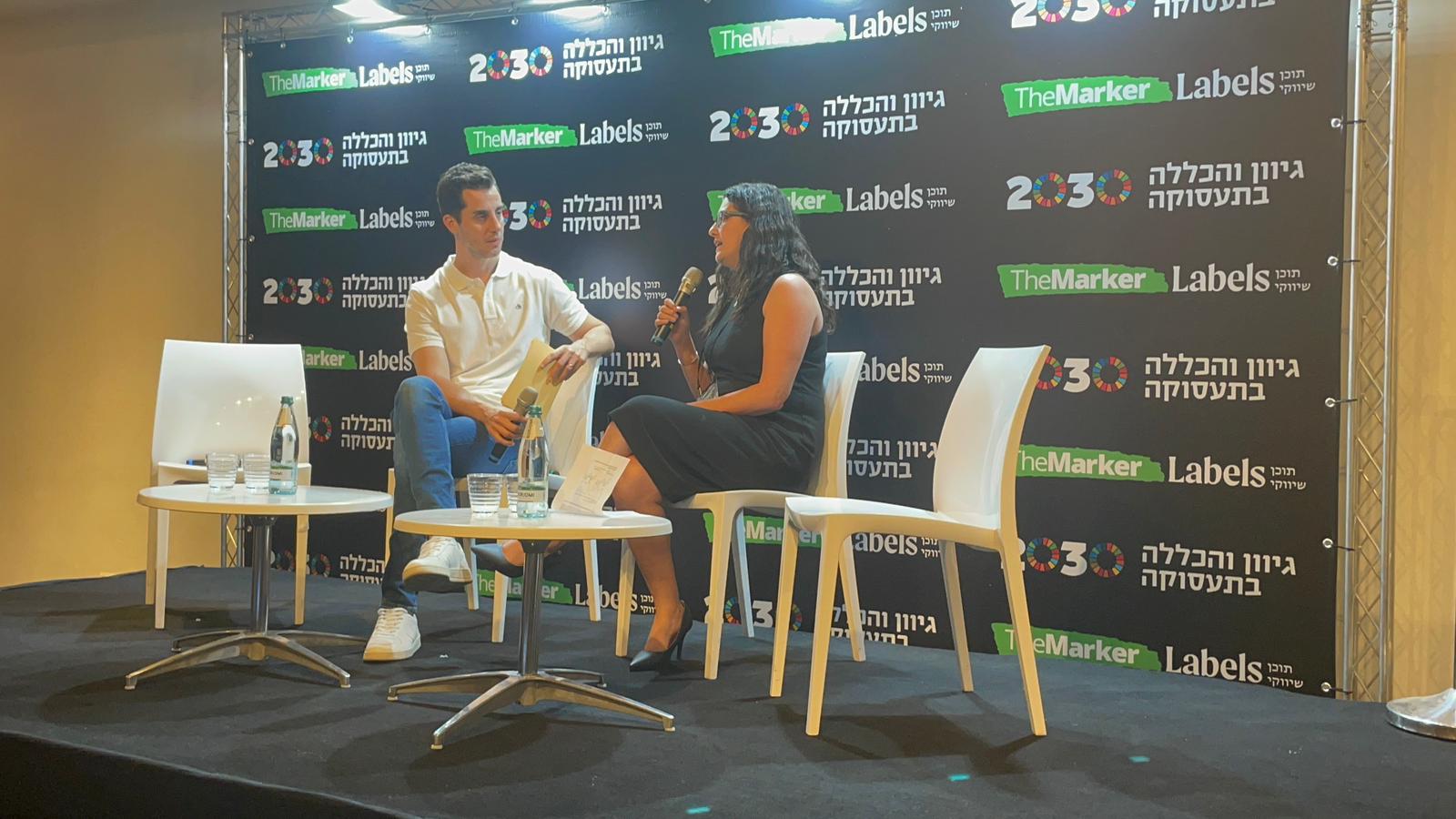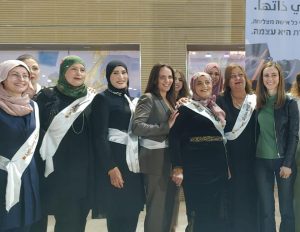Reduced Inequalities


Home » Reduced Inequalities » SDG 10 – What’s New with DEI?
SDG 10 – What’s New with DEI?
While many in Israel were busy with summer activities, the country’s social impact warriors kept doing what they do best: plowing ahead for the good of diversity, equity and inclusion (DEI).
This includes the Government, which extended through 2024 its five-year plan for the integration of Israelis of Ethiopian descent with an additional budget of 239.6 million shekels. The program has seen progress in a number of areas since 2017 – including: an increase among students eligible to enter institutions of higher learning, from 34% to 53%; a 10% wage increase among participants in employment programs; and a decline in minors arrested, from 14% of overall arrests in 2018 to 6% in 2021.
Challenges remain, of course – in this and other areas, as indicated by the Civil Service Commission’s (CSC) latest annual diversity report (Hebrew).


Regarding the percentage of those employed in the public sector, the Arab community accounts for 14.7% (target: 10%) – those in senior management positions are still few and far between; Israelis of Ethiopian background comprise 3.7% (target: 1.7%) – with over-representation in entry-level positions (especially administrative tasks); people with disabilities make up 3.3% (target: 5%) – a figure on the decline four years straight (according a new Hebrew-language table released by the Commission for Equal Rights of Persons with Disabilities, Government bodies meeting the 5% target include the Rabbinical Courts as well as the Social Equality, National Security and Interior ministries). As for gender equality, women account for 62.5% of all civil servants (only 46% from the Arab community) – and the higher the managerial level position, the fewer the women.
Apropos the job market: during a summertime DEI conference by “Haaretz” our Changemaker Adv. Mariam Kabaha, Israel’s Equal Employment Opportunities Commissioner, told an audience (Hebrew) that while she’s glad the objective of diversity in employment has become mainstream in the country, it’s time to focus on “quality integration.” She said her unit’s monitoring efforts, which date back to 2014, show that “the more a sector entails physical labor and is less attractive, the more diverse it is; the more prestigious and worthwhile, the less diverse.” Kabaha characterized her unit – unique in the landscape of Israeli officialdom – as a group of “civil service attorneys acting on discrimination cases” for the individual’s benefit, and in this context referenced action she recently took against the CSC in the area of gender equality.
We hope that Adv. Kabaha and her many Government colleagues fighting for DEI in Israel keep it up for as long as necessary. Their efforts are invaluable, particularly now.
Related articles


SDG 10 – Government Safety Net
Reduced Inequalities Internal tensions are running high in Israel, for obvious reasons. One area of criticism that continues to reverberate is the government’s perceived slow


SDG 10- Travaxy – Equal Travel Opportunities for people with disabilities Never Felt So Right
Reduced Inequalities Whilst the travel industry has largely been put on hold due to the covid-19 pandemic, it’s an exciting and wonderful part of our


SDG 10- Hoping Arab Empowerment Plan Makes Difference
Reduced Inequalities World Day for Cultural Diversity for Dialogue and Development (May 21) is an excellent opportunity to revisit Israel’s efforts to reduce inequalities and


















